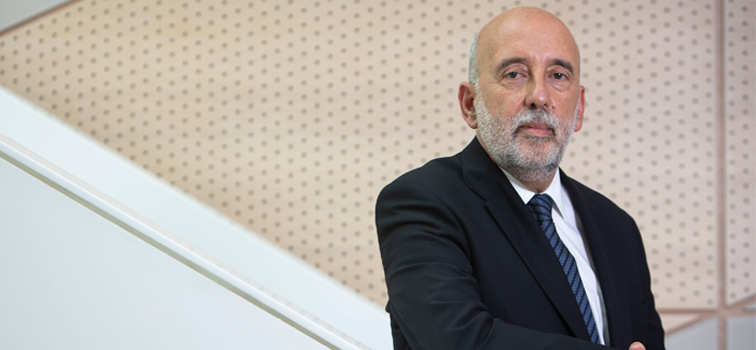Governor's Speeches
“Our commitment to price stability remains as strong as ever, as does our ability to fight unsustainable euro area inflation” - Governor Makhlouf
17 September 2021
Press Release

- The outlook for Ireland for the rest of the year is very positive in the aggregate, although there remains considerable uncertainty about the trajectory of the pandemic and its knock-on effects are not uniform across the economy.
- Fears of excessive euro area inflation are overstated and current price pressures reflect transitory factors that will fade out over time. Nevertheless, there are also indications that the current supply bottlenecks could be prolonged so we need to continue to be vigilant to risks.
- Macroeconomic response deployed by European and euro area institutions and governments to the pandemic has been more coherent and impactful than in the years following the global financial crisis. Reforms are needed to ensure that similar appropriate coordination is achieved systematically and not episodically.
At the DEW Annual Economic Policy Conference 2021 today, Governor Makhlouf spoke about the ECB strategy review, with a focus on the revised inflation target and what the current inflationary dynamics might mean for monetary policy going forward. The Governor also discussed the interaction between monetary and fiscal policy in a post-pandemic world.
Governor Makhlouf said that “After contracting in the first quarter of the year, domestic economic activity is continuing to increase at pace. The rebound in the second quarter, with modified domestic demand increasing by 8.4 per cent on a quarterly basis, has been followed by further positive news in higher frequency business and consumer confidence indicators, labour market developments, and indicators of consumer spending. All told, the outlook for the Irish economy for the rest of the year is increasingly positive.” However the Governor cautioned that “the economic experience of the pandemic and the road beyond is not uniform across all sectors” as indicated by the existence of both slacks and bottlenecks.
Speaking about current inflationary pressures the Governor said that “at the moment, fears of excessive euro area inflation are overstated and that the current price pressures reflect transitory factors that will fade out over time.” Nevertheless, “there is considerable uncertainty about the persistence of price pressures and we need to interpret this data and the outputs of our models with caution. The pandemic is bringing about structural changes in our economy, which may only become more evident over time."
Governor Makhlouf added that “The change in the ECB’s monetary policy strategy will ensure that we can better deliver on our primary mandate of maintaining price stability, but we must always remain conscious of the other policy areas that impact on our objective.
"Fiscal policy has a role to play in helping drive aggregate demand, sustaining the recovery, and supporting the path to the ECB’s inflation target and the normalisation of monetary policy.”
Governor Makhlouf said that the EMU (Economic and Monetary Union) framework had “underestimated the role of fiscal policy to counter the cycle. The experience of the global financial crisis highlights how the framework did not provide sufficient incentive for governments to build fiscal buffers during good times that could have been used to counter the negative shock that the crisis imposed upon the euro area economy.” He said “it is now clear that combining monetary accommodation with fiscal expansion is especially powerful to stabilise the economy when policy rates cannot be lowered further … When we look at the pandemic, the overall macroeconomic response deployed by European and euro area institutions and governments has certainly been more coherent and impactful than in the years of global financial crisis – precisely because of better coordination between monetary and fiscal policy.”